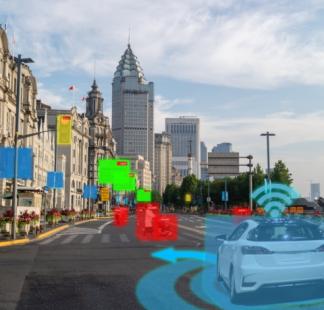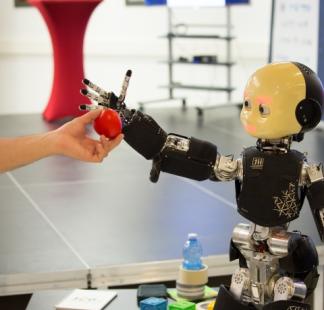Displaying 73 - 84 of 131
08 Jun 2026 - 12 Jun 2026
Face to Face
This summer school aims to strengthen technical and thematic capabilities on evidence-based digital policies to achieve Universal and Meaningful…
Languages:
- English
08 Jun 2026 - 11 Jun 2026
Face to Face
This 3.5-day training course provides essential steps and guidelines for designing effective cybersecurity exercises, focusing on the practical…
Registration:
Open until 15 Mar 2026
Languages:
- English
Open
Online self-paced
Designed for policy-makers, this course focuses on child online behaviours, threats, and risks associated with cyberspace, aiming to develop national…
Languages:
- English
- French
08 Jun 2026 - 19 Jun 2026
Online instructor led
This course provides comprehensive insights into the technical and project management aspects of fiber optics technology, emphasizing its role in…
Registration:
Open until 25 May 2026
Languages:
- English
15 Jun 2026 - 19 Jun 2026
Blended
This course is open for application by the following countries: Western Balkans and Eastern Partnership countriesThis…
Registration:
Open until 15 Apr 2026
Languages:
- English
Open
Online self-paced
Tailored for professionals in the education sector, this introductory course on Child Online Protection addresses online risks and provides guidance…
Languages:
- English
- French
- Spanish
15 Jun 2026 - 19 Jun 2026
Face to Face
A practical and engaging course designed for professionals in telecommunications, this program offers a well-rounded introduction to key tasks,…
Registration:
Open until 01 Apr 2026
Languages:
- English
22 Jun 2026 - 29 Jun 2026
Online instructor led
This course focuses on technical, business and regulatory aspects of Internet of Things (IoT), Big Data and Artificial Intelligence (AI). It covers…
Registration:
Open until 21 Jun 2026
Languages:
- English
Open
Online self-paced
This course is designed to help educators better understand the risks related to Online Child Sexual Exploitation and Abuse (further - OCSEA), and…
Languages:
- English
- French
- Spanish
22 Jun 2026 - 26 Jun 2026
Face to Face
This summer school is designed to introduce participants to the concept of sustainable digital transformation through various subtopics, including…
Registration:
Open until 01 Mar 2026
Languages:
- English
22 Jun 2026 - 10 Jul 2026
Online instructor led
This 20-hour instructor-led online course offers a comprehensive view of satellite connectivity and its strategic role in bridging the digital divide…
Registration:
Open until 31 May 2026
Languages:
- English
Open
Online self-paced
One of the many barriers that persons with disabilities face in accessing employment opportunities is that many career sites and job portals do not…
Languages:
- English








